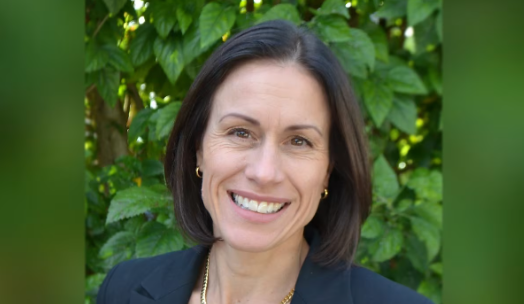The incoming raft of changes to Queensland’s land tax laws will only add more strain to the state’s already-struggling rental market, an expert warned.

Property investment expert James Fitzgerald from Custodian cautioned that the federal government’s introduction of a controversial land tax would have negative implications not just for Queensland investors but for investors all around Australia.
Under the state’s new land taxation system — set to take effect on 1 January 2023 — taxable land in Queensland and other relevant interstate lands will be used to calculate the relevant tax bracket that a property owner falls into.
“Essentially what the Queensland government is planning on doing is to factor in the value of interstate land in its land tax calculations,” Mr Fitzgerald stated.
The expert highlighted that the Sunshine State’s land taxation regime would be an outlier among its peers, which will deter investors from entering the region’s market. “In every other state investors only pay land tax on properties they own in the state they own that property, but that is all changing in Queensland,” he said.
Further demonstrating how Queensland will be an oddity in the country, Mr Fitzgerald said that most states have a tax-free threshold, so investors are not required to pay land tax on their investment if it is below a certain value.
Currently, the land tax threshold in Queensland is $600,000 for investment properties, and it is based on the land value, not the building value.
However, the new law would mean that the state’s government will include the value of investment properties investors own during land tax assessments in the 2023–2024 financial year.
Citing the example provided by the state federal website, Mr Fitzgerald said that investors must brace for soaring land tax charges when the new law takes effect.
“They give an example of before the new regime of an investor who owns land in Queensland with a taxable value of $745,000 and land in Victoria worth $1,565,000.
“They would only be charged $1,950 land tax as the state government only took the Queensland property into account,” he stated.
But Mr Fitzgerald said that these figures would skyrocket under the new land tax system. Using the same example, he stated: “Under the new regime the total value of the investors holding is calculated at $2,310,000 and the owner would have to pay $8,422.37 for the Queensland portion.”
Mr Fitzgerald criticised the new tax scheme as a money grab. “It’s just another way for the government to tax property owners and investors.”
He added that the changes would only put the screws on the state’s rental market, which is already grappling with a record-low rental vacancy rate.
“Unfortunately what it is also going to do is discourage people from investing in Queensland, at a time when the state is going through a rental crisis,” he said.
Mr Fitzgerald said that with property owners constantly burdened with taxes, the latest change could be the one that will break the proverbial camel’s back and force investors to divest their Queensland assets — particularly their rental properties.
“I am certain that some investors will decide to off load their Queensland properties and put their dollars in different states,” he forecast.
“That will result in fewer properties being available for rent at a time when vacancy rates are already at an all-time low.”
In July, Domain’s data showed that Brisbane’s rental vacancy rate stood at a record low of 0.6 per cent.
The shortage in supply and availability of vacant rentals have driven up asking rents and escalated competition between tenants — a trend that Mr Fitzgerald said will only worsen when the laws are in effect.
“Rents increased by 13.6 per cent in Brisbane over the last 12 months – that’s more than double the rate of inflation,” he concluded.
Mr Fitzgerald’s statement echoes that of the Real Estate Institute of Queensland (REIQ), which has rebuked the new tax law in December 2021 as “a slap in the face”.


